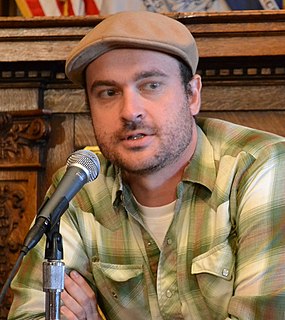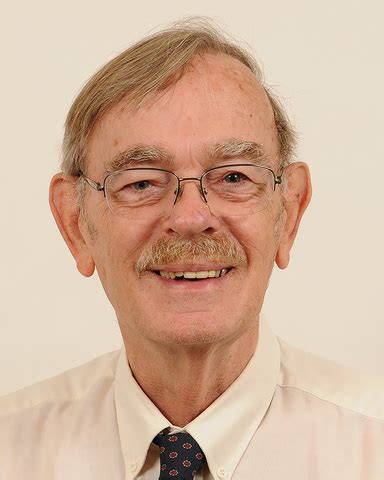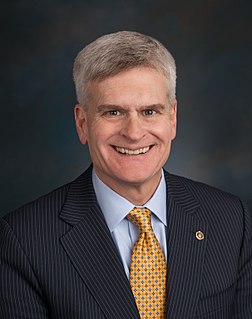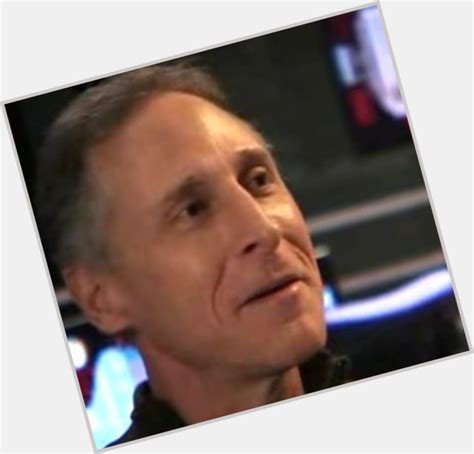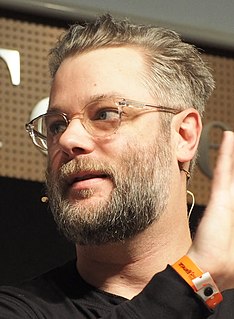A Quote by Thomas Kuhn
Under normal conditions the research scientist is not an innovator but a solver of puzzles, and the puzzles upon which he concentrates are just those which he believes can be both stated and solved within the existing scientific tradition.
Related Quotes
Confusion conditions activity, which conditions consciousness, which conditions embodied personality, which conditions sensory experiences, which conditions impact, which conditions mood, which conditions craving, which conditions clinging, which conditions becoming, which conditions birth, which conditions aging and death.
Puzzles are great because they're fun. But really we are drawn to puzzles because they can be solved. We love the idea of being able to put a puzzle together and it being complete: you do it perfectly, step away, and you've completed the job. There's a deep satisfaction from that, and I think we wish for the ability to do that with everything. But emotions just don't work that way, people don't work that way, relationships don't work that way.
The rationale for accepting or rejecting any theory is thus fundamentally based on the idea of problem-solving progress. If one research tradition has solved more important problems than its rivals, then accepting that tradition is rational precisely to the degree that we are aiming to "progress," i.e., to maximize the scope f solved problems. In other words, the choice of one tradition over its rivals is a progressive (and thus a rational) choice precisely to the extent that the chosen tradition is a better problem solver than its rivals.
The scientist is not much given to talking of the riddle of the universe. "Riddle" is not a scientific term. The conception of a riddle is "something which can he solved." And hence the scientist does not use that popular phrase. We don't know the why of anything. On that matter we are no further advanced than was the cavedweller. The scientist is contented if he can contribute something toward the knowledge of what is and how it is.
Perhaps art can help us to look beyond the immediate beauty with all its puzzles, and to glimpse that new creation which makes sense not only of beauty but of the world as a whole, and ourselves within it ... The artist can then join forces with those who work for justice and those who struggle for redemptive relationships, and together encourage and sustain those who are reaching out for a genuine, redemptive spirituality.
In addition to the social pressures from the scientific community there is also at work a very human trait of individual scientist. I call it the law of the instrument , and it may be formulated as follows: Give a small boy a hammer, and he will find that everything he encounters needs pounding. It comes as no particular surprise to discover that a scientist formulates problems in a way which requires for their solution just those techniques in which he himself is especially skilled.


